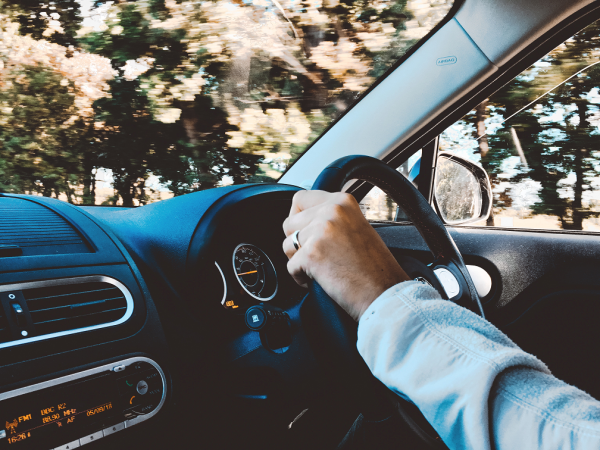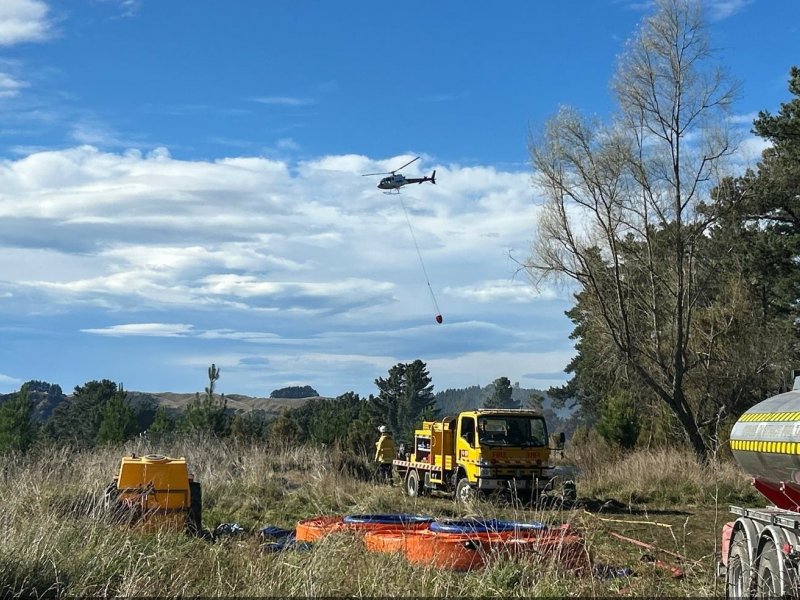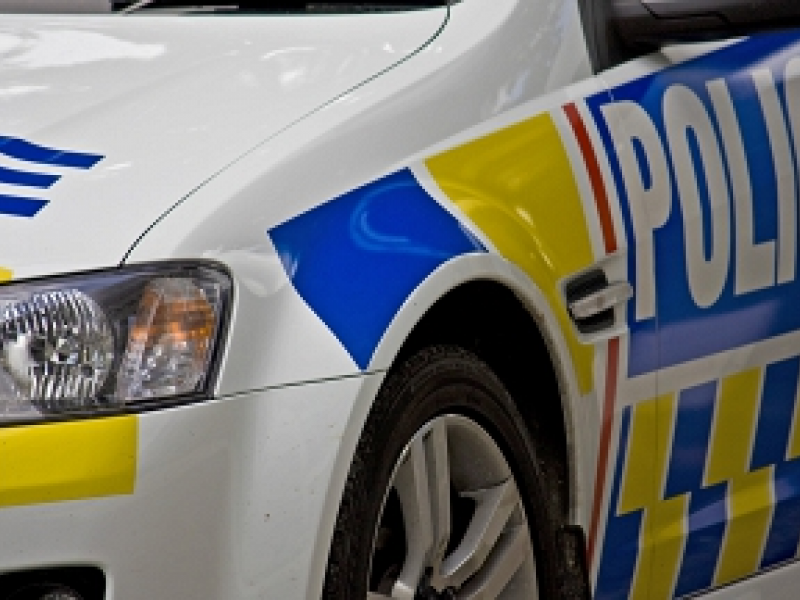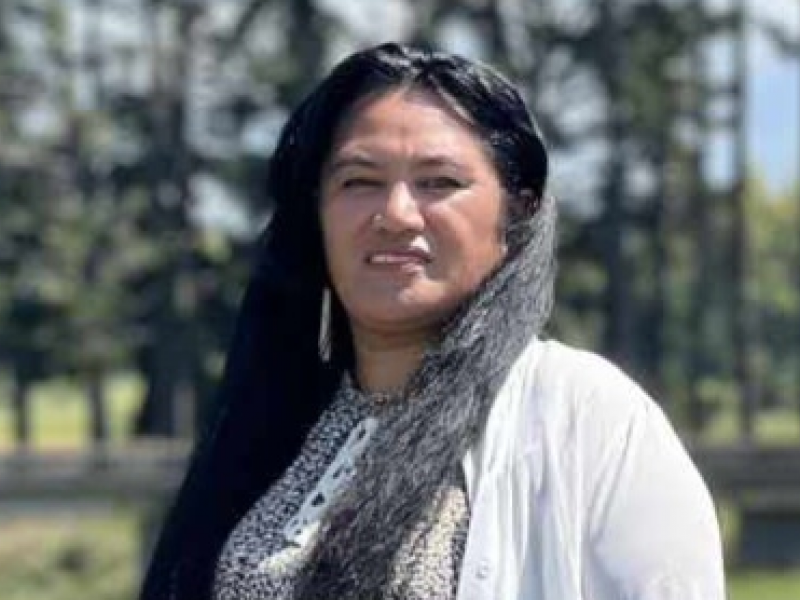Drivers asked to do their part to keep roads safe
This week is Road Safety Week and following a series of devastating fatal crashes last month police the NZ Transport Agency are reminding all drivers to take road safety seriously and do their part to help keep everyone on the road safe.
This year 143 people have already lost their lives on our roads – eight more than this time last year and the highest year-to-date figure since 2009.
Recent fatalities in Hawke’s Bay have included well-known Porangahau woman Jane Hunter who died following a crash near Waipawa on April 22, and Hastings man Floyd Tiepa whose car hit a tree near Napier on April 24.
Police National Manager of Road Policing, Superintendent Steve Greally, and NZTA’s General Manager of Safety, Health and Environment, Greg Lazzaro, say Road Safety Week couldn’t come at a better time.
“Any death on our roads is too many, so we’re using Road Safety Week to remind drivers about the four simple and proven actions they can take to help keep themselves, and everyone else on the road, safe and alive,” says Superintendent Greally.
Always wear your seatbelt and ensure you are properly restrained.
The chance of death or serious injury in a crash can be reduced by 60 per cent in the front seat and 44 per cent in the back seat, just by putting on a seatbelt.
“Restraints save lives – it’s that simple,” says Superintendent Greally.
Don’t drive when you are impaired.
Alcohol or drugs are a factor in about one-third of all fatal crashes.
“If you are in any doubt at all about being safe or legal to drive when you’re tired or after drinking, use your common sense and don’t get behind the wheel,” says Superintendent Greally.
Keep your eyes and mind on the road – drive distraction-free.
“Whether it’s checking your phone, adjusting the GPS, or doing anything that distracts you from the task of driving, if you’re not paying attention, you may not have time to react and avoid a crash,” says Mr Lazzaro.
Drive to the conditions and don’t exceed the speed limit.
“Even when speed doesn’t cause the crash, the speed on impact can be the difference between walking away from a crash or being carried away in an ambulance or a hearse,” says Mr Lazzaro.
“Speed increases both the likelihood of a crash and the severity of the outcome, regardless of what the cause may be.”
All drivers have a duty to their passengers and other road users.
These four actions can be the difference between a safe or fatal journey, and should be stuck to diligently whenever a driver gets behind the wheel: proper restraints, no impairment, no distractions, and a safe speed – always.
“There is no excuse – you either take road safety seriously or you put your own life, as well as everyone else’s on the road, at risk,” says Superintendent Greally.
“Road safety is everyone’s responsibility.
We’ve seen too many deaths on our roads this year; we need everyone to step up and do their part.”
Road Safety Week is co-ordinated by international charity, Brake.
This year’s campaign, Save Lives #SpeakUp, calls for conversations around safe vehicles, speeds, and drivers, as well as safe routes to school, safe road design, and safe and healthy mobility.
“The Transport Agency fully supports the call to action to ‘Speak Up’ and encourages everyone to do their part in keeping our roads safe,” says Mr Lazzaro.
“The Government is currently developing the new road safety strategy for the next 10 years and will be welcoming public input when it’s released later this year.
This will provide another opportunity for all Kiwis to speak up and have their say on road safety.”
Find out how to take part in Road Safety Week here: www.brake.org.nz.
























